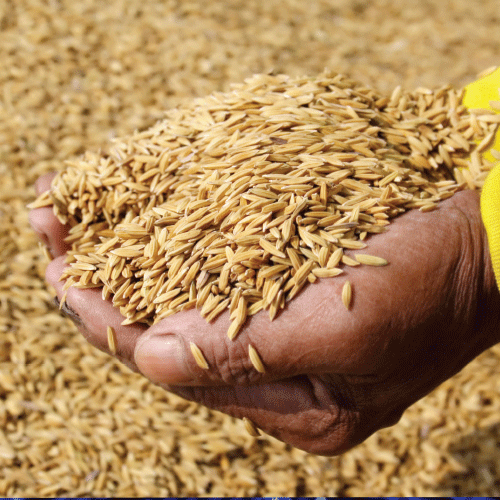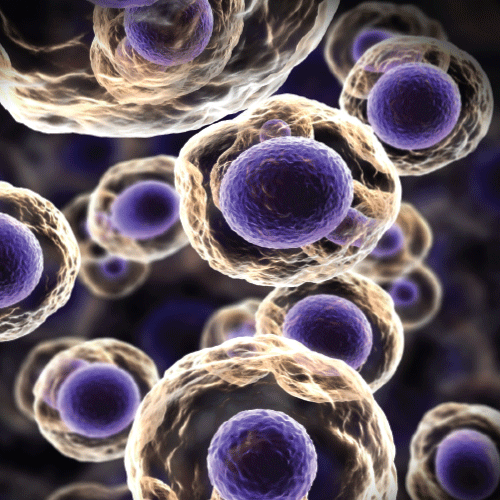Agriculture and Genomics
The demand for crop production is rising due to increased human population, greater worldwide meat and dairy consumption and the expanding role of biofuels. Studies suggest that agricultural production must double between 2005 and 2050 to meet this growing need. Increasing crop yields, rather than clearing additional farmland, is believed to be the more sustainable path. However, crop yields are not increasing fast enough to keep up with projected demands. The additional challenges of drought, temperature change and poor soil quality further strain the productivity of agricultural systems.
 Developing new high-yield seeds adapted for our environmental conditions is a cornerstone of increased food production. This begins with the ability to locate and characterize agriculturally important versions of specific genes. These discoveries can then be shared with the farmers and commercial plant breeders who are developing new varieties of crops. Such a collaborative approach blends the emerging field of genomics with the ancient practice of agriculture, increasing yields and ensuring global food security.
Developing new high-yield seeds adapted for our environmental conditions is a cornerstone of increased food production. This begins with the ability to locate and characterize agriculturally important versions of specific genes. These discoveries can then be shared with the farmers and commercial plant breeders who are developing new varieties of crops. Such a collaborative approach blends the emerging field of genomics with the ancient practice of agriculture, increasing yields and ensuring global food security.
Sequencing Plant Genomes for Food and Bioenergy Needs
Over the last decade, genome sequencing projects have been completed for a number of plants, including rice, corn, soybean, canola and orange. These efforts provide a better understanding of the genes that contribute to growth rate, seed and fruit characteristics and susceptibility to climate change or infectious agents. In addition, a number of plants have been or are being sequenced for their potential contribution to bioenergy. These include corn, soybean and switchgrass. For example, soybean not only accounts for 70% of the world’s edible protein, but soybean oil is the principle source of biodiesel. Detailed knowledge of the soybean genome, published in December 2008, allows for crop improvements and better applications of this plant to the generation of clean energy. Knowing which genes control specific traits allows researchers to select for specific type high-yield strain as well as develop soybean plants that are more resistant to drought or disease.
Genetically Modified (GM) Crops
More than 13 million farmers across 25 countries currently plant biotech crops (also known as genetically modified organisms or GMOs). To date, over two billion acres of biotech crops have been harvested globally. At least 57 different plants have been the focus of biotech research over the last two decades. Of this number, eight are in commercial production and 15 have received regulatory approval in the United States. Currently, biotech soybean is the principal genetically modified crop worldwide, followed by corn, cotton and canola. Herbicide tolerance has consistently been the primary trait introduced into the crops, followed by insect resistance and the combination of both traits. Biotechnology crops reduce the need for plowing to control weeds, leading to better conservation of soil and water and decrease in soil erosion and soil compaction. A reduction in plowing also allows farmers to significantly reduce the consumption of fuel and decrease greenhouse gas emissions.
Researchers are also developing biofortified food plants to boost the levels of nutrients, vitamins and minerals in foods such as rice, cassava, carrots and tomatoes. It is hoped that these fortified foods will reduce the incidence of global hunger and micronutrient malnutrition (taking in adequate calories, but lacking appropriate vitamins and minerals) which, according to a 2004 United Nations report, impacts up to half of the world’s population.


